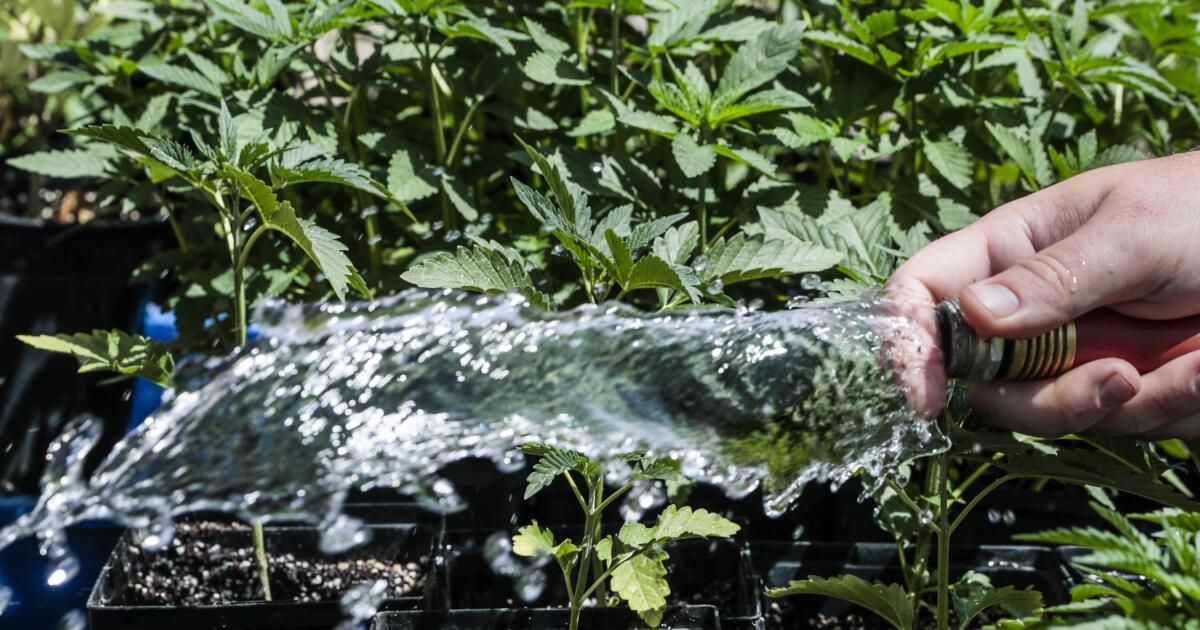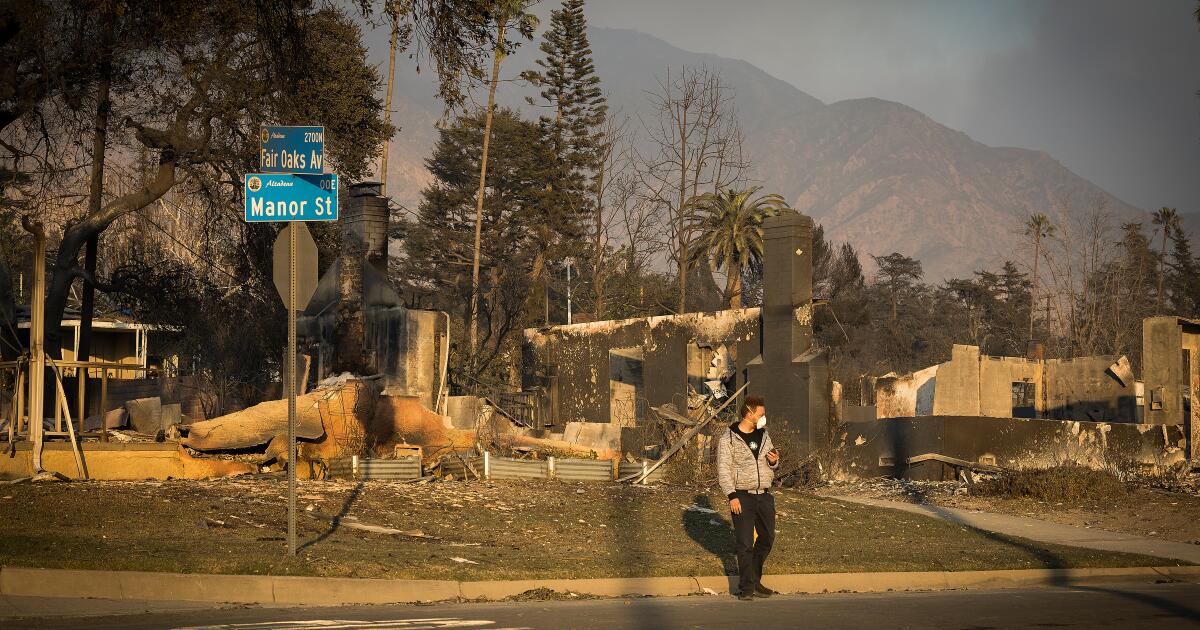To the editor: LZ Granderson correctly implies that the federal Controlled Substances Act, signed into law by President Richard Nixon in 1970, is bigoted and unscientific. It is also tremendously incomplete, since that law gave free rein to political sacred cows. (“Marijuana is not actually fueling the cartels. It is American laws that drive violence,” Opinion, February 3)
For example, in 2010 the British medical journal Lancet published a scientific comparison of the individual harms of drugs, as well as their social harms, with alcohol scoring the worst overall. In the United States, the Centers for Disease Control and Prevention reports that tobacco use kills nearly half a million Americans each year.
None of those drugs are mentioned anywhere in the Controlled Substances Act. These omissions breed cynicism.
While we should appreciate Senate Democrats' efforts to change the federal classification of cannabis as a drug as dangerous and addictive as heroin, they are playing on an entirely rotten foundation.
The Controlled Substances Act should be repealed and American laws should be based on a comprehensive, scientific assessment of the harms drugs cause to both users and society.
Brian Roberts, Covina
..
To the editor: Actually, yes: marijuana is fueling violence. Has Granderson considered the environmental violence caused by illegal marijuana cultivation in national parks and forests?
Armed park rangers, who are at great risk to themselves, often uncover illegal marijuana growing operations. One such site was recently found and removed from Jail Canyon in Death Valley.
And what about the illegal water use and gallons of pesticides and insecticides that flow into the watersheds of these parks?
These problems existed before marijuana was legalized in California, but now, with so many sellers and buyers, the problems have multiplied. Federal legalization of marijuana will only exacerbate them.
Phillip Roullard, San Diego
..
To the editor: Words matter. In an otherwise excellent article, Granderson referenced “cannabis” five times, “marijuana” four times, and “weed” once. Why would someone who advocates for its legalization (or at least its decriminalization) want to confuse his readers?
Using the pejorative terms “marijuana” and “weed” is similar to talking about alcohol-containing beverages like “alcohol” and “schnapps,” something you wouldn't read in almost any news publication today.
Indeed, it is high time for the journalistic establishment (and certainly The Times) to normalize the use of the scientifically correct term cannabis when writing about a substance that has been vilified in Western society for at least the last 100 years.
Brian Lent, Altadena












